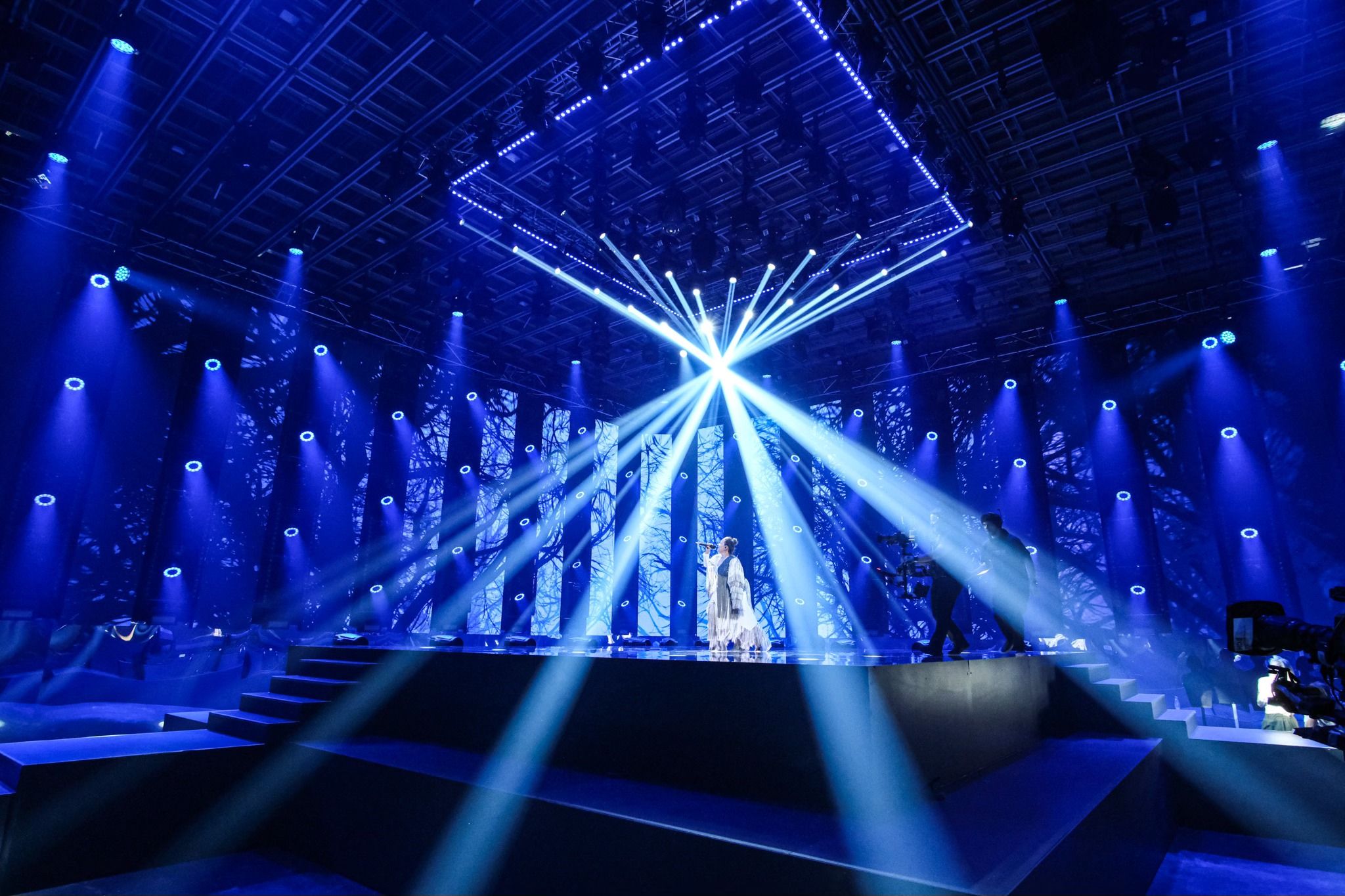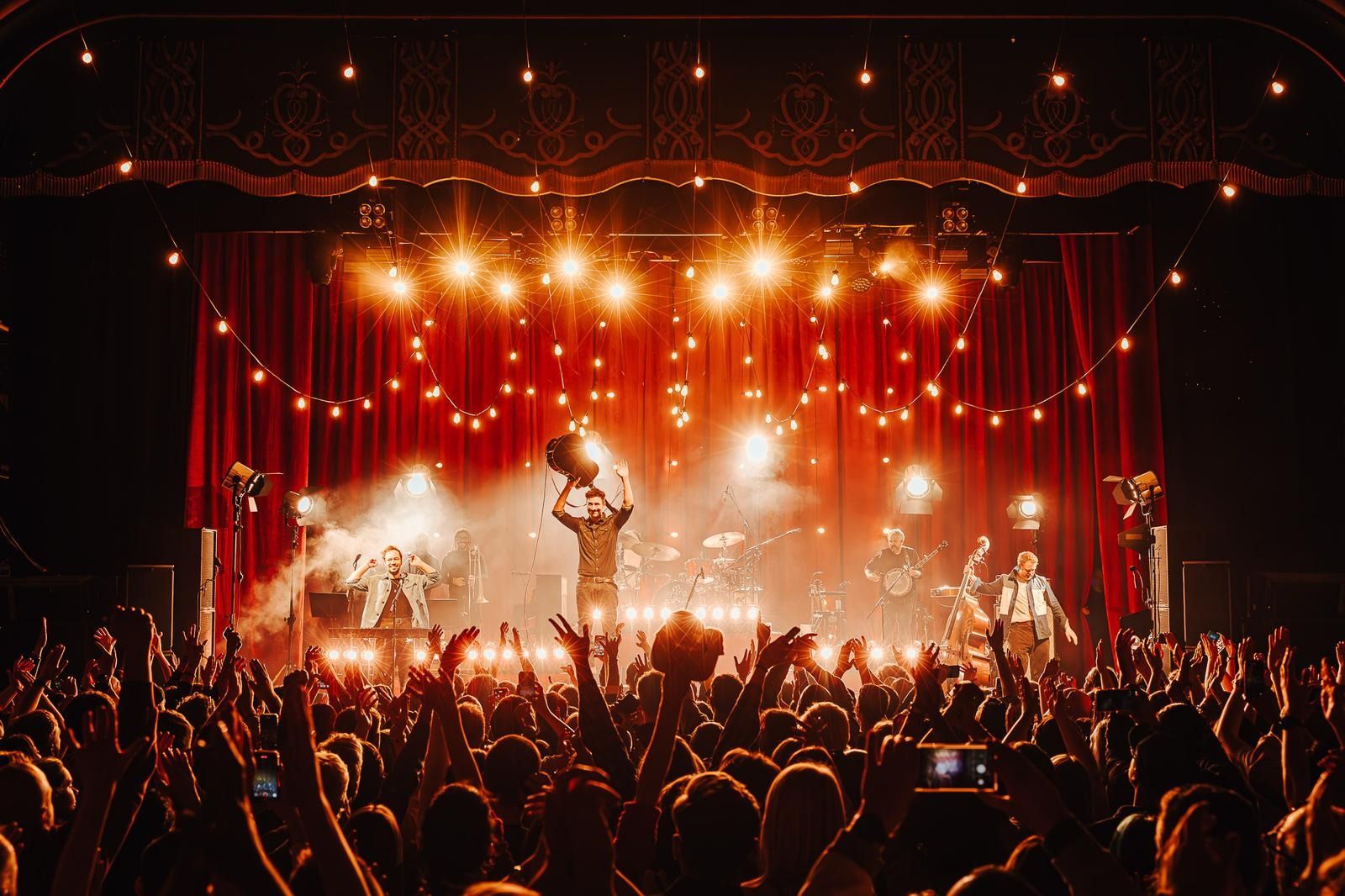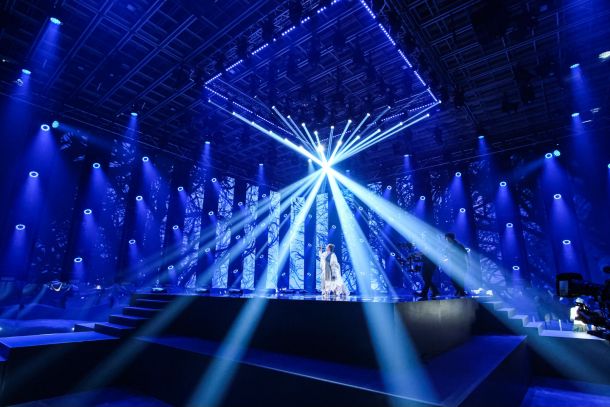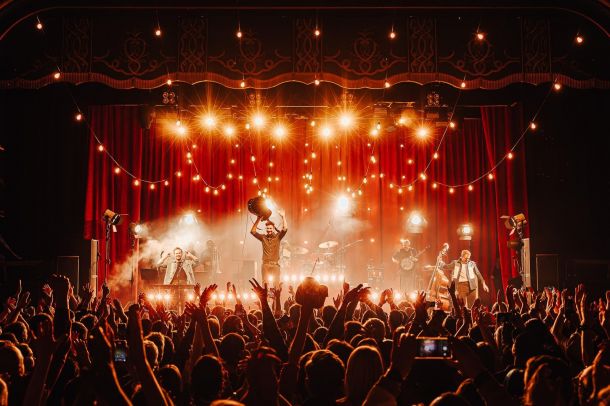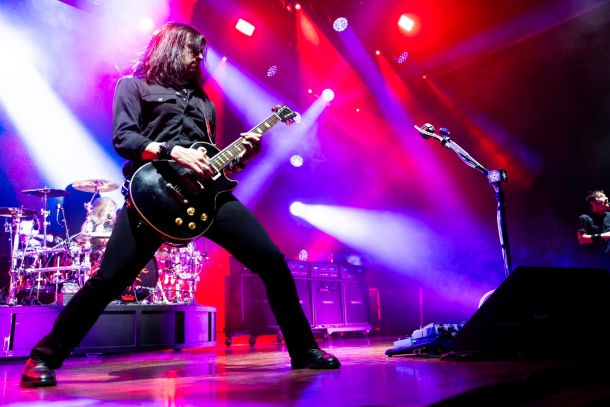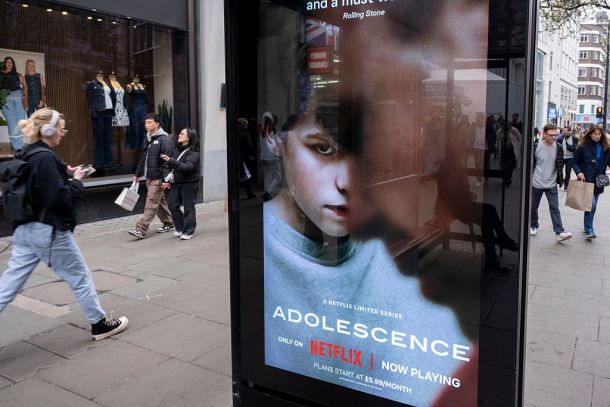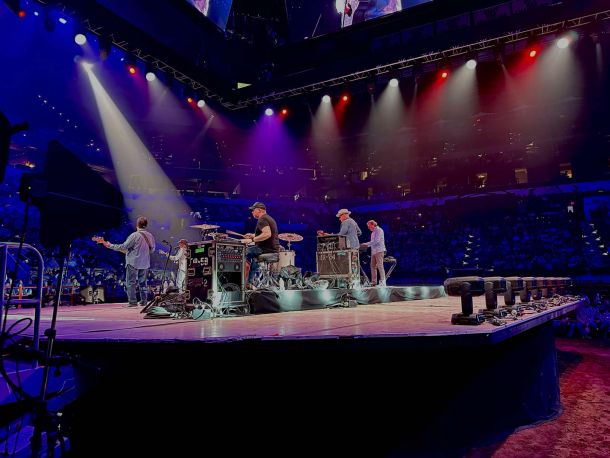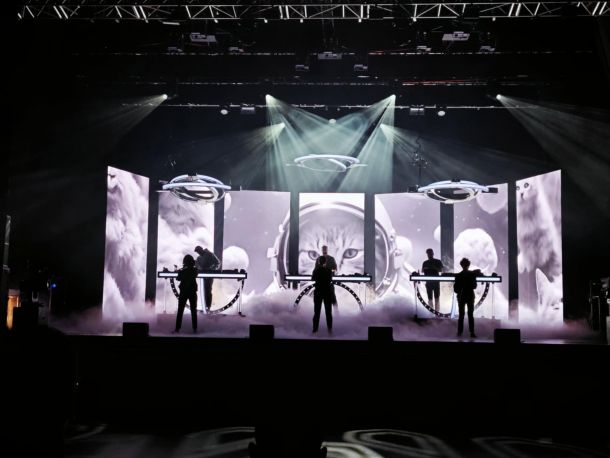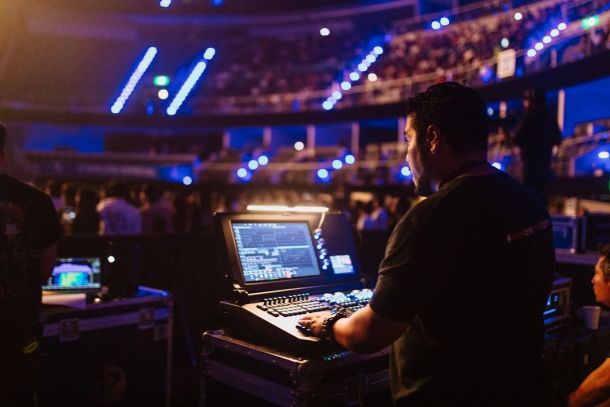Simon Horn Creates Unique Looks At Cream Weekender With MagicQ MQ500 Stadium
HEMEL HEMPSTEAD, UK – Simon Horn kicked off the 2018 holiday season with a sleep-deprived weekend. As the sole designer, programmer and operator at Cream Weekender’s main Skyline Pavilion Stage, he spent most of his time between December 7th and 9th running the lightshow for a large and diverse mix of DJ stars on his ChamSys MagicQ MQ500 Stadium console with a Stadium Wing.
Other than a laser operator who came with Pete Tong, none of the artists brought their own LDs – and though Horn had a second operator there to relieve him, he enjoyed the music so much, he rarely stepped away from the console.
“It was a labor of love,” said Horn, the owner of Purple Lighting Ltd. “Apart from the one laser person, none of the acts brought their own designers or operators. This was pretty much my baby all the way.”
Horn not only loved his baby, he “raised” it to reflect his vision for the wildly popular event, which was put on by the UK clubbing legend Cream at Butlin’s Minehead Arena.
“Budget is always a consideration, and that forces you to make decisions about the relative importance of things,” he said. “So, I discounted any use of screen and visuals, since we didn’t have a dedicated VJ, and I am not a fan of generic busked video content. This decision allowed me to focus my complete attention on creating an impressive well-populated lighting design, rather than a standard light show with a standard screen setup.”
The result of Horn’s decision was a 180-fixture and 7-universe lightshow that sent a palpable surge of energy and excitement through the 7,000-capacity pavilion in support of artists like Leftfield and Basement Jaxx. Rather than have his fixtures move as disparate entities, each following its own course, Horn choreographed his powerful rig to create broad, often subtle movements, while retaining the general contour of his design.
“How the fixtures are moved or not moved is one of the keys to creating an immersive design, in my view,” said Horn. “With this rig and many of my other shows, I passionately avoid simply resorting to movement just for the sake of movement. I’ve said it time and time again, ‘Just because a moving light can move does not mean it has to move.’ I tried to have enough scope to create exciting drama without moving the fixtures! But when I did move them I was sensitive to keeping the shape of the design projecting into the audience.”
 Horn also created compelling looks by manipulating focus positions. For example, he focused 30 of his spots on the middle of the dance floor over the crowd. “This created some incredible euphoric looks as I manipulated intensity and color effects and then slowly moved the entire set of fixtures as one,” he said. “The design was very much aimed at being immersive for the audience.”
Horn also created compelling looks by manipulating focus positions. For example, he focused 30 of his spots on the middle of the dance floor over the crowd. “This created some incredible euphoric looks as I manipulated intensity and color effects and then slowly moved the entire set of fixtures as one,” he said. “The design was very much aimed at being immersive for the audience.”
This manipulation of focus positions, as well as the entire 3-day lightshow, was busked. “I would not have wanted any console other than my ChamSys for this extensive busking,” said Horn. “The combination of large screens, plenty of buttons and such fast software is a complete winner here! I utilized the execute buttons on the MQ500 for a set of what I call ‘panic buttons.’ Lighting DJ sets is all about creating big changes when the music drops or breaks into a big hand in the air rave moment! My panic buttons were set so I could hit them and grab a sequence that overrides everything else, while I then set up to move into something else after I release that button. So, having lots of execute buttons on the MQ500 is very friendly.”
Horn also was appreciative of what he terms the “sound to light” quality of the MagicQ MQ500. “Thanks to the detailed way that you can use sound input on the MagicQ, the console is a very powerful tool in a dance music busk show,” he said. “I can focus on the main elements of the design and have other features managed by Audio. For example, I can set cue stack to bump a step on particular fixtures or every 160 Hz beat and deliver a flash sequence that always stuck to the beat pattern.”
However, the thing that Horn values most about the MagicQ MQ500 is its easy offset patch features, which saves him time when updating positions from previous shows. He also appreciates being able to apply effects to groups of fixtures simultaneously. “I spent a lot of time in this show creating different group orders allowing effects to be moved across the rig in different way in their natural shape,” he said. “This allowed me to create a unique lightshow.”
Horn’s lightshow was so memorable, that dancers often paused to take photos of it with their cell phones. He describes seeing them do this as a “humbling experience.” Spoken like a proud parent indeed!
